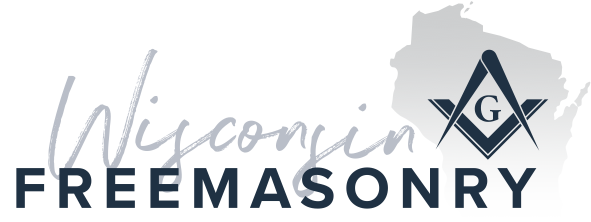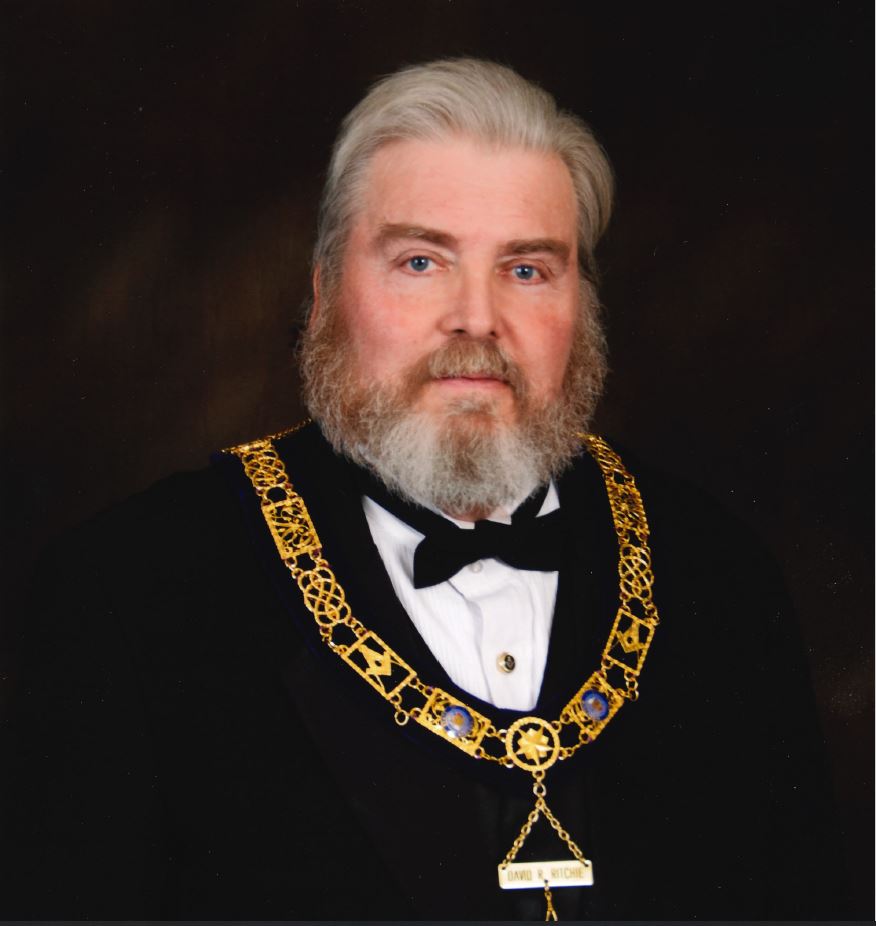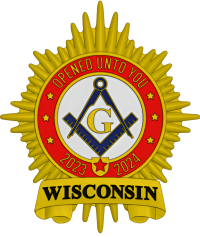This piece of Masonic Education is by Worshipful Brother Napoleon Sneed-Janczak
The newly initiated Freemason upon receiving his first degree (Entered Apprentice) is given a strong foundation, and a “cornerstone” to build upon in his Masonic journey of self-improvement. This is taught through lectures, symbols, tools, ritual, and general fellowship.
The second question of the EA degree/ ritual in opening and closing the Lodge is the perfect place to start. We begin to understand what it is Freemasonry does for its members, and by extension the communities in which they reside by understanding this particular part of our lessons. Brother David Hullinger in 1998 in one of his research essays asks a question, and this question is arguably one that will ultimately summarize every Entered Apprentice Freemason, and beyond. He asks, “what is the first lesson taught in masonry?” I will share with you at the end what the answer is, and how to find it if you do not remember. (Hint: most of us don’t remember.)
What does it mean to improve yourself, to learn, and check your passions? Many Brothers you will talk to often view this as a positive, and a negative intertwined to understand the importance of balance, and harmony. It starts with discipline. You must reflect on your past labors, the mistakes, and successes to improve on your future. The ability to temper your actions is the most difficult step, and there are many ways to do this. One way is peer review or due examination. This involves listening to good counsel when offered and finding the truth in that counsel.
No matter your station; you must realize that you will always have room for improvement in some form. In Freemasonry this could be learning a new position, a new part of our ritual etc. You can do more of the Lodge outreach to see what is needed in your membership or your community. If you go beyond the words in Lodge and get to a deeper understanding of what they mean to you, and how they will change you for the better; you will come to realize that the rest of the second question of the EA degree will test you in how well you are doing as a Brother in the Craft.
Passion is an emotion which evokes a strong response. Overindulgence in any facet of life can be detrimental to one’s growth; and the many responses related to our passions can also be more harmful than good if not kept in check. This includes the seemingly positive interactions, and notably the negative. Foundationally proper etiquette within the Lodge, and good manners without it are the mechanisms to practice subduing your passions. Saluting, waiting to be addressed before speaking, proper debate, good counsel, the ability to accept it, and using the lessons of the working tools to address issues that arise from time to time to achieve temperance for future interactions. Asking yourself, ‘how could you have done something differently to achieve a more optimal outcome.’ It’s a constant challenge chipping away the rough edges so that you may stand upright and true, but if you are following these principles you will exemplify to your brethren, and community that you are worthy.
Self-Discipline, and self-control is the epitome of our understanding upon entering the lessons taught in our fraternity. We become better men through trials of many kinds.
We as Freemasons are encouraged to control our emotions, desires, and impulses, so as to lead a more balanced and virtuous life. This is taught symbolically while learning about the Masonic mosaic pavement, or black and white checkered floor in many lodge rooms. In short, it is about using the tools of Freemasonry to master one’s behaviors; do our best to control our excesses or uncontrolled emotional reactions to any given subject matter.
Having discussed passion, it’s possible effects on us personally, and some of the ways of working toward a better balance, we can now learn about that part which deals with improving ourselves.
It is a long-held belief and tradition for Masons to seek self-improvement and personal growth. We set ourselves on a pathway to achieve these goals by developing morals, and ethical character. These lessons are found in the “four cardinal virtues: Fortitude, Prudence, Temperance, and Justice.” We see this challenge as a way to create a better version of ourselves and becoming able to better contribute to society at large. Searching the true meaning of these virtues will lead you to our core principles: Brotherly Love, Relief, and Truth. Understanding the need to be open to the concerns of your Brothers with an open mind, will remind you that your own education will be enhanced by not being discouraged from hearing them out, but taking care to help him achieve his goals through reflection, and solutions for improving himself, and at the same time yourself. Helping others will help you improve yourself in Masonry.
Relief is in this context; to aid an assist in all things good for the betterment of Freemasonry, and by proxy yourself while sharing in the education you have been able to share for, and with a brother who may be struggling with what it is he came here to do. By helping in this way, we improve more and more.
Truth is the ability to see inwardly, and understand we personally have our faults, and flaws, but then be willing to self-reflect, and renew ourselves to do better. The inadvertent affect is that you will become more of a leader, and others will seek you out while you are on your journey; particularly when your journey is successful in the growth of others’ improvement also. Be mindful of your actions, your reactions, and how your passions can better serve you as a man, and a Mason. Remember Brothers “To be good men and true;” after all it’s the first lesson we are all taught as Freemasons.



